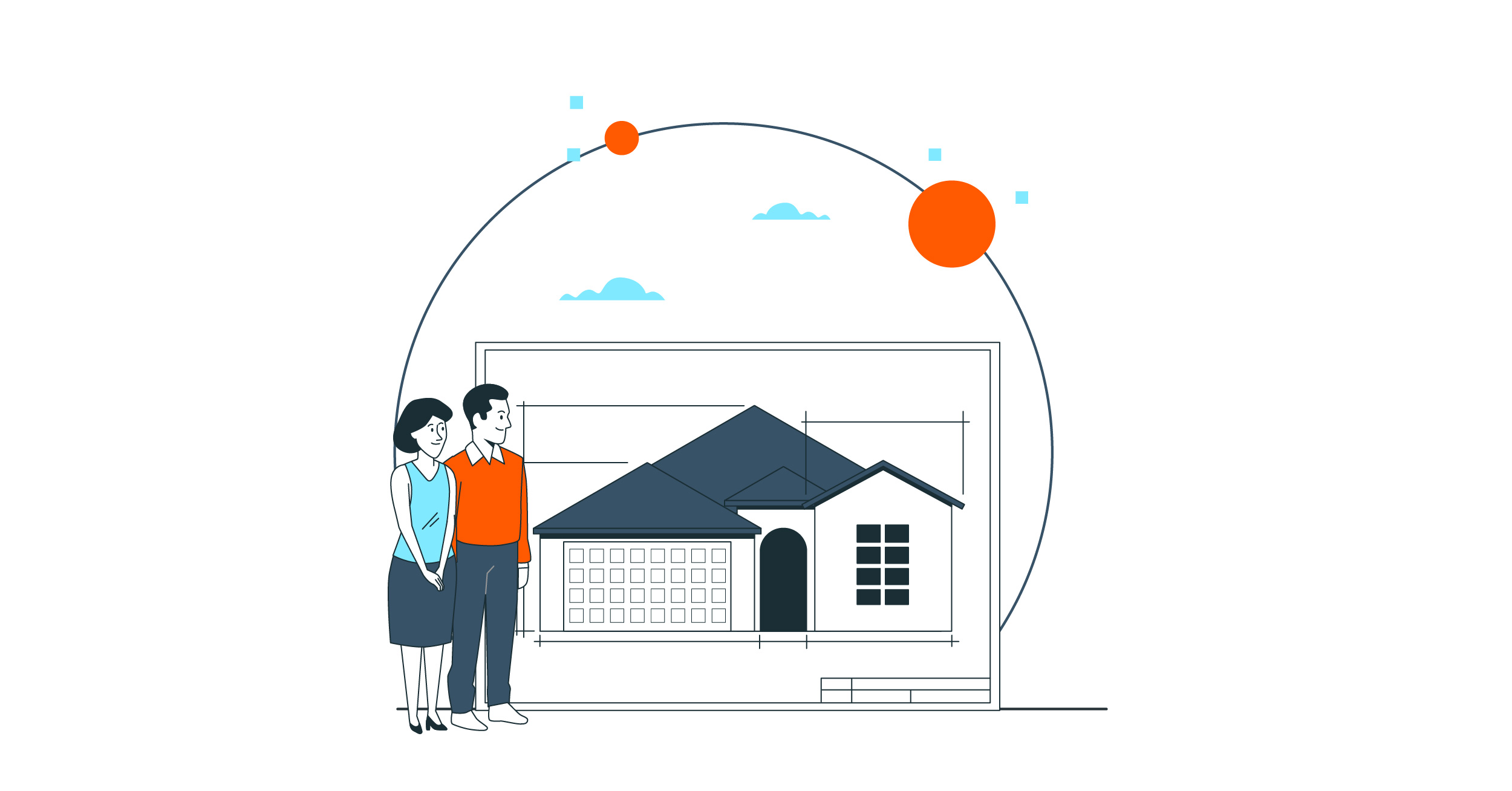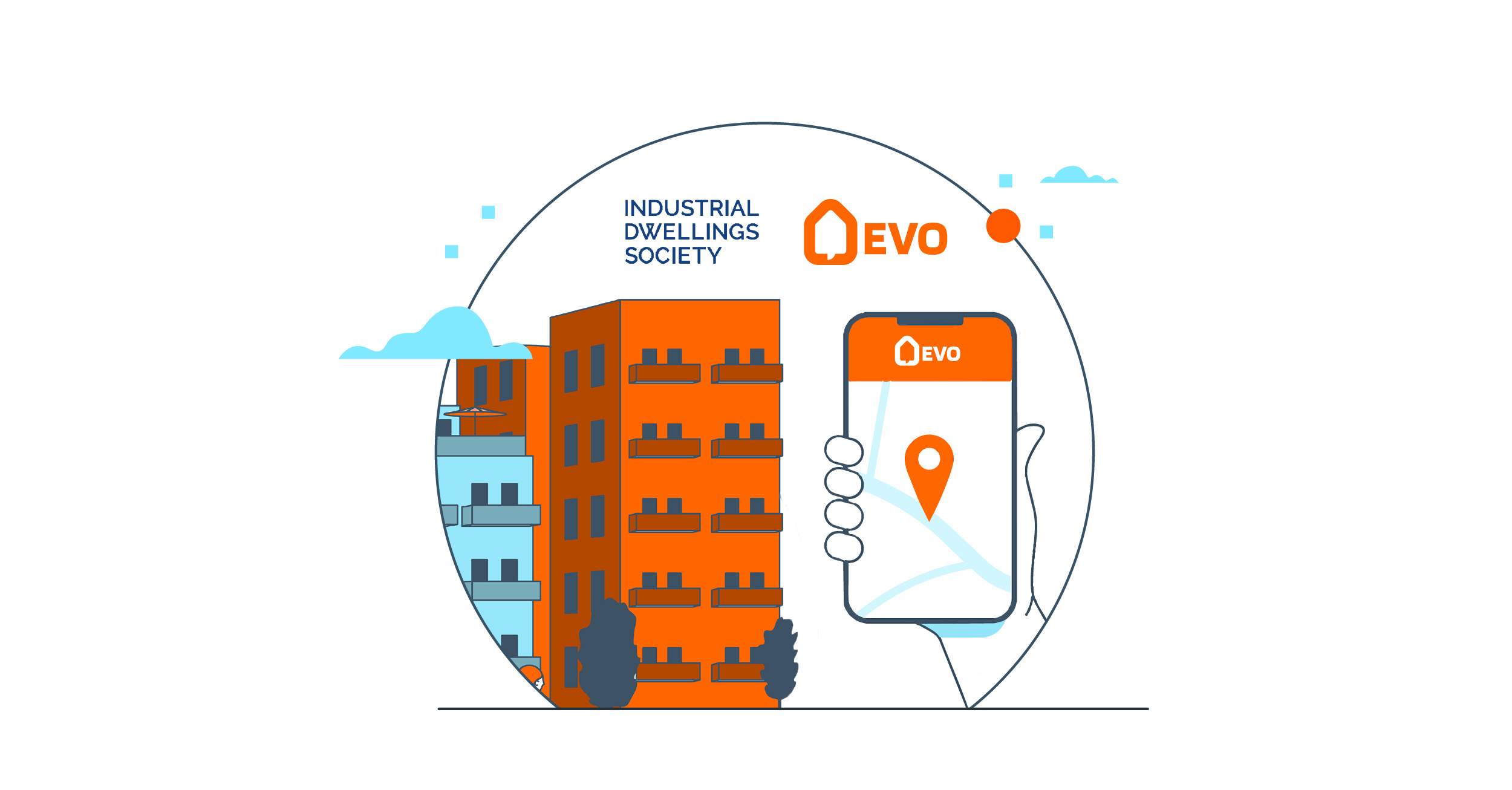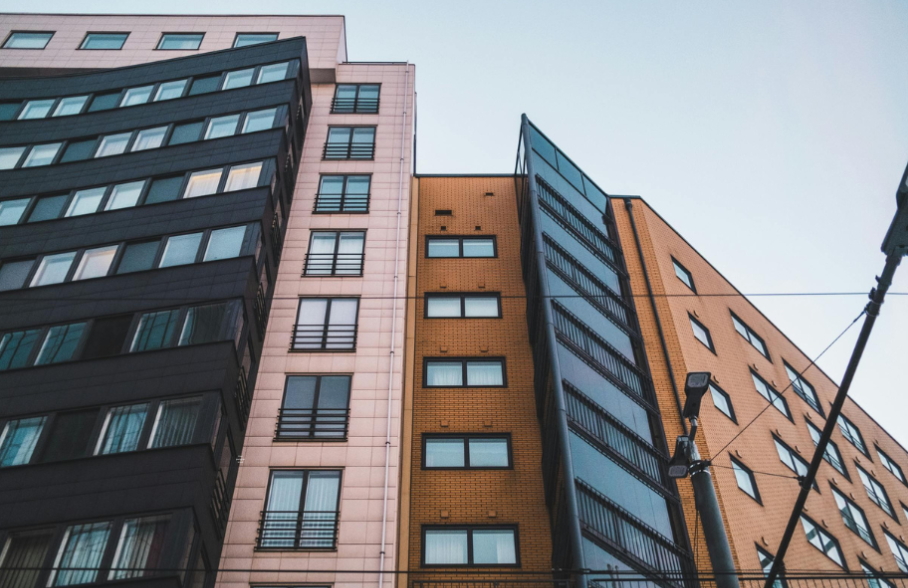
Key points:
-
Gardens can often spark disputes between landlords and residents.
-
Usually, landlords are responsible for structural maintenance like tree removal and fence repair.
-
Residents typically manage day-to-day upkeep, but tenancy agreements may vary.
-
However, garden maintenance responsibilities can vary depending on the tenancy agreement.
-
Disputes can be minimised through easy-to-maintain gardens, educating residents, and outsourcing maintenance.
-
Big data helps housing associations optimize garden management and resource allocation.
Gardens improve wellbeing, with 64% of UK adults reporting mental health benefits from enjoying nature.
Social housing gardens encourage creativity, exercise, and vitamin D absorption. But they also lead to questions about maintenance responsibilities. Does the landlord look after them should or the resident?
According to the National Residential Landlords Association (NRLA), there are more than
4,500 disputes between landlords and tenants over garden maintenance each year.
This article explains the rules surrounding garden maintenance in socially rented properties. We’ll also provide some tips for residents to keep their gardens in good condition.
Garden Disputes
According to the NRLA, gardens cause 15% of all tenancy disputes, often over:
😠 Who pays third parties for garden maintenance?
😠 Residents making garden changes without their landlord’s consent.
😠 Issues with garden pests - like removing a wasp nest.
Who Is Responsible for Garden Maintenance?
Under Section 11 of the Landlord and Tenant Act 1985, landlords are required to keep a property’s structure and exterior in good repair.
This is usually interpreted to mean that:
-
Landlords have a legal responsibility to perform major works, like removing trees or replacing gates and pathways.
-
Residents are responsible for everyday upkeep, such as mowing lawns and keeping the garden litter-free.
Many landlords include a garden clause in their tenancy agreement. This avoids disputes by making the tenant and landlord responsibilities clear and explaining what the resident can and cannot do with the garden.
What about communal gardens?
Under the Homes (Fitness for Human Habitation) Act 2018, landlords are responsible for communal areas, including communal gardens.
A communal area is any area that is not within the confines of the tenant's property. For example - corridors, balconies, stairways, external gardens, garages, and parking areas.
Most housing providers use a contractor to maintain communal gardens.
However, residents may be responsible for keeping these areas tidy. This is usually included in their tenancy agreements.
How to Reduce Garden Disputes
Here are ways to reduce disputes with residents over gardens:
Create low-maintenance gardens
Provide gardens that are easy to maintain but still look good. Here are a few tips:
✅ Minimise or remove lawns: Use paving, gravel and decking instead. Grow plants and flowers in planters and pots to add greenery and colour. Bigger pots and planters hold more water and so require less watering.
✅ Choose the right plants: Evergreens like sedges and hellebores create fewer dead leaves. Ground cover plants like hebe pinguifolia 'Pagei' grow back yearly even when aggressively cut back. They are attractive and help to stop weeds growing.
✅ Choose shrubs instead of plants: Shrubs and hedges are hardier than plants and tend to be evergreen. They live longer and they can be easily cut back.
✅ Stop unchecked growth: Use garden membrane with coverings like bark chippings and gravel to stop weeds from growing.
✅ Remove ponds or water features: These require maintenance and can be a safety hazard for children.
Educate residents
Some residents won’t have had any experience looking after a garden. They should be provided with guidance explaining how to maintain outdoor areas.
This could be a physical written guide that is included in the resident welcome pack or through a resident app that includes links to videos giving them gardening tips.
Outsource maintenance
Some housing associations outsource garden and grounds maintenance. This allows them to deal with seasonal demand and means they don’t have to invest in specialist gardening equipment.
💡 Garden maintenance is easy with EVO |
|
EVO’s platform automates repairs and maintenance for housing providers - from taking resident requests to invoicing and guaranteeing work. This includes gardening and outdoor property maintenance. “Maintaining outside communal spaces and ensuring they are always safe and attended to can be challenging. With EVO, residents can report any concerns or issues they have identified via their own app, which in turn allows all the other residents who share that space to also be notified of what has been reported and to monitor progress. This helps to bring the community together.” - Steven Rae, CEO at EVO Read to the end of the article to learn more. |
Include garden maintenance in onboarding
Clarify what standards gardens must meet when onboarding residents. Explain how they can report garden maintenance issues or request to make changes.
This ensures tenants understand the requirements and can ask questions. Check the condition of the garden during the final inspection when the tenant checks out.
💡 Can I deduct costs for an unkept garden from a resident’s deposit? |
|
Yes. However, it’s a good idea to have evidence. This includes:
|
Garden Upkeep Advice to Give Residents
Most residents simply want to keep their garden tidy so they can enjoy it in the summer months. Here’s a list of tips to help them:
💡 Keep garden tools locked in a shed or stored indoors. This avoids theft and rust.
💡 Water flower beds twice per week. Do so in the evening and aim for the soil, not the plant. This stops water from evaporating.
💡 Mow the lawn weekly in summer. Try to keep it around 5 cm in length - this stops it drying out. Lawn can be mowed less in winter.
💡 Weed once per month in the summer, but less often in colder months. Consider using weed killer on paths.
💡 Cut back trees and shrubs at the end of autumn using shears.
💡 Remove dead flower heads. This looks tidier and some plants may flower again.
💡 Sweep up dead leaves once per month during the autumn.
💡 Clean gutters at least once per year or install gutter brushes to remove all maintenance requirements.
💡 Wash garden furniture, decking and paved areas once per year.
🛠️ Do I need to provide gardening equipment to residents? |
|
No law requires residents to be supplied with gardening tools. However, providing them encourages residents to look after their gardens. If gardening tools are provided, we recommend including a:
Remember to include all items in the property inventory. |
How to collect data on garden-related maintenance
For social housing providers, garden maintenance is often deprioritised.
But the condition of a property’s garden impacts the resident’s satisfaction and leads to disputes.
One way to keep outdoor areas well-maintained is to keep data on garden maintenance tasks. This will help in several ways:
🌐 Understand stock: By collecting data on the number of gardens needing to be maintained and what size they are helps understand how much funding and resources are required.
🌐 Understand the challenges: By knowing which rental properties have trees, sheds, lawns and other features, more informed decisions can be made. For example, if there are a lot of trees on the property, a tree surgeon may need to tend to them annually to avoid them becoming overgrown.
🌐 Less time wasted: Let’s say a gardener is sent to mow the lawn at a property, only for them to find it doesn’t have any grass. This has wasted time and money. With good property data, such problems can be avoided.
🌐 Solve problems before they arise: By collecting data on garden-related maintenance issues it is easier to predict when a garden feature will fail and perform planned preventative maintenance. For example, to might be the case that on average, fence panels last 10 years. Therefore, planning to replace them every 9.5 years allows landlords to plan resources better and keeps residents happy because they have to report fewer problems.
But to collect, store and analyse data, you need the right tools - and that’s where EVO comes in.
Manage Your Properties' Gardens with EVO
EVO allows housing associations to outsource repairs and maintenance to a digital platform.
We automate the process, making it more efficient and effective. We ensure repairs and maintenance tasks are completed fast and to a high standard.
This keeps residents happy and means housing association staff spend less time managing tradespeople and work-in-progress lists.
Here’s how EVO works:
✔️ Residents request repairs or maintenance via a mobile app.
✔️ The next available, qualified tradesperson is automatically notified.
✔️ Residents pick suitable time slots.
✔️ The tradesperson receives all necessary information, including visuals and property details.
✔️ Residents can opt to be present or provide access via a secure key exchange point.
✔️ Residents are kept updated during the process.
✔️ All work is inspected, approved, and backed by a 12-month warranty from EVO.
But we can also provide you with data on your rental properties. This includes which properties have gardens, what they are like and what features they have. We also collect and store data on jobs completed.
This detailed information enables better planning and decision-making.
Get in touch to learn how EVO effectively maintains your rental properties and communal areas.
PHOTO BY EVO


